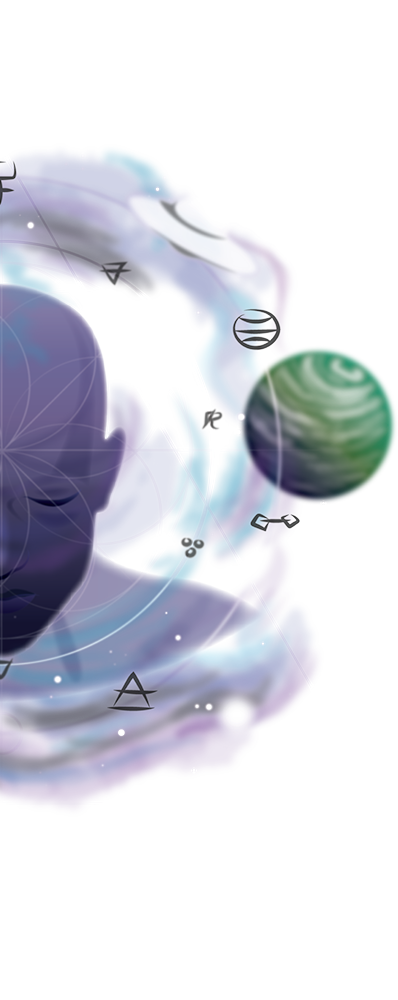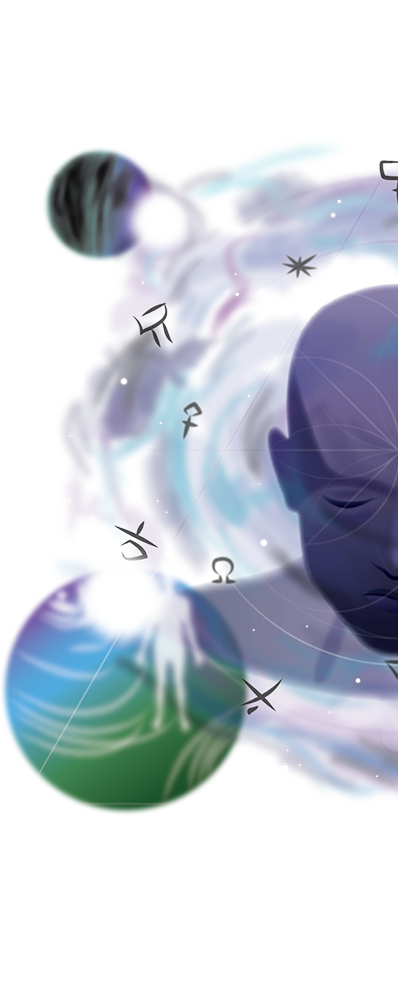By Rosemary Ellen Guiley
Copyright Visionary Living, Inc.
Emanuel Swedenborg was born in Stockholm, Sweden in 1688, and devoted himself to an intellectual life of science and invention. He lived alone, a bachelor not by choice, but as a consequence of having been turned down twice for marriage. He had no marked religious or spiritual inclinations until 1743, when he suddenly began experiencing altered states of consciousness in which he was transported to heaven. He was overcome with revelations about heaven and hell, the work of angels and spirits, the true meaning of Scripture and the order of the universe. These experiences, sometimes involving trance states that could last several days, continued until his death in 1772. They became so commonplace that he developed the ability to be aware simultaneously of the earthly realm and the heavenly realm.
Swedenborg wrote 30 volumes about his experiences and his conversations with angels. He said that after death, people go first to a transitional spiritual world, and then gravitate toward their permanent spiritual home, either to become angels or demons. The direction we choose is determined by the true nature of what lies in our heart. In either case, we carry on with activities in much the same way as we did on earth. However, our thoughts and motives are transparent and readily known to others.
Swedenborg communicated with angels in their own language, which he was given to understand. On one of his many journeys, he was in the transitional spiritual world at a gathering of souls where a question was posed to an angel: “What is heavenly joy?” The question was asked because the souls were uncertain what to expect in heaven. Was it a state of unending bliss? What exactly did angels do in heaven?
The angel responded, “It is the pleasure of doing something that is of use to oneself and to others, and the pleasure in being useful takes its essence from love and its expression from wisdom. The pleasure in being useful, springing from love through wisdom, is the life and soul of all heavenly joys.”
In another conversation with another angel, Swedenborg was told that wisdom is the love of truth. Only our inner light allows us to see wisdom.
Swedenborg talked a great deal in his works about the concept of “use,” which he defined as “the doing of good from love by means of wisdom; use is good itself.” Heaven, he said, is a “kingdom of uses.” For angels, heavenly joy is productivity and good works.
The kingdom of uses exists right here on earth, too. Heavenly joy, then, is not a reward held out to us for enjoyment in the afterlife, nor is it the exclusive property of exalted beings such as angels or saintly people. True heavenly joy exists here and now in the material world as well as in the heavenly realms.
Heavenly joy arises out of love and selflessness. No matter what our career is, no matter what our deeds are, heavenly joy is produced when we are sincerely motivated to help others – to help them, as Swedenborg said, simply because we love the goodness of God that is in them. Whenever we do a kind act or a good deed without consideration for the benefit to ourselves, we raise our inner light into truth.
Too often our deeds are undertaken with ulterior motives, even well-intentioned ones. We do good works because others will approve, we will look good, we will get good marks, or we are made to feel obligated to do so. The truth in the heart belies such works and little or no heavenly joy is produced.
The simplest and smallest acts of kindness and love can create great heavenly joy. Our careers have the potential to be great sources of heavenly joy. If we pursue our jobs with the sincere feeling that we are bringing something useful and good into the world, we create heavenly joy.
What counts is our intention. “The angels that are with a person do not see his deeds, but only the intentions of his mind,” said Swedenborg.
If you hold your intentions up to the light, what do you see? How are you bringing heavenly joy into the world?









